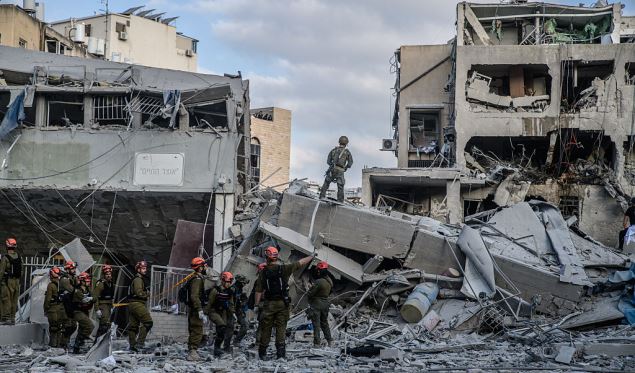Check also: Ugandan Alfred Olango shoot by US police in San Diego, USA
Olango was killed in a suburb of San Diego on Tuesday after allegedly acting erratically and raising an object toward an officer that was ultimately determined to be a vaping device. According to his family, he was grief-stricken by the recent death of a close friend and fellow refugee.
On Facebook and Twitter in the days since, human rights advocates in Uganda have condemned the killing and questioned what it means for America’s standing as a force for justice.
The Ugandan Ministry of Foreign Affairs said Thursday that it has raised the issue of Olango’s shooting with American officials in both Washington and Kampala, Uganda’s capital, to seek details about the circumstances surrounding his death.
Deepest condolences to family of #Alfredolango on his tragic demise. Engaging @usmissionuganda & @UgaEmbaWashDC on establishing facts first.
— Ministry of Foreign Affairs – Uganda 🇺🇬 (@UgandaMFA) September 29, 2016
The U.S. Embassy in Kampala warned Americans that the backlash in Uganda could lead to violence.
“My prayers go out to Olango’s friends & family, and I pray as well that this incident does not provoke further acts or threats of violence,” Ambassador Deborah Malac added on Twitter.
My prayers go out to Olango’s friends & family, and
I pray as well that this incident does not provoke further acts or threats of
violence.— U.S. Ambassador to Uganda (@USAmbUganda) September 29, 2016
The streets have been quiet in Kampala, Uganda’s capital, and despite the embassy’s warning, there appears to be little sign of unrest or targeting of Americans.
Olango fled to the United States in 1991 amid an uprising by militants, including the Lord’s Resistance Army, led by the notorious Joseph Kony, in his home in northern Uganda. Kony, whose militia terrorized northern Uganda and its neighbors for years, was featured in a viral video in 2012 but has since been chased deeper into the jungles of central Africa.
For Olango to escape Kony’s brutality only to be shot by police outside a California taco shop struck many Ugandans as a sign of what they call deep fractures within the U.S. justice system.
“You escape Kony and the brutality of the Kony rebellion — the Lord’s Resistance Army — and then you’re shot on the street innocently,” said Sarah Bireete, a lawyer and human rights advocate.
Activists in Uganda and across Africa have followed the Black Lives Matter movement over the past several years and compared it to many of their own struggles against aggressive police forces and autocratic rulers.
Follow @newslexpointKilling of Olango makes the flaws in the US more tangible.
“You might think it’s far, but this case, particularly connecting it to Uganda, shows people that it’s not the people you don’t know. It’s not someone somewhere,” she said. “It actually could be your brother visiting, it could be your family back there that lives in America, that this could happen to them.”
Olango’s killing, she said, challenges “this image that, as a black person, that going abroad means opportunity.”
Like many African countries, the government of Uganda depends on American assistance in multiple areas yet can also be quick to dismiss Washington as an imperialist meddler in domestic politics.
Police in Uganda have faced intense scrutiny in recent weeks for alleged attacks on supporters of the political opposition and apparent disregard for the justice system.
In August, the inspector general of police, Gen. Kale Kayihura, faced criticism for refusing to appear in court to answer for brutality charges over the assault of supporters of opposition leader Kizza Besigye. President Yoweri Museveni later defended Kayihura, saying he had done a good job by maintaining order in the country.
Bireete predicts that the Olango killing could serve to justify the next instance of police brutality here.
“The government will use it,” said Bireete, who criticized the United States for not forcefully denouncing Olango’s killing. “When the police brutalize people here, the government will tell everybody to shut up; after all, the U.S. does it.”
Source: Washington post
Check also;
- Bobbi Kristina Brown’s Former Boyfriend Held Responsible In Her death
- I Was Paid $1.5 To Fake Tupac’s Death, Said The Former Police Officer
- 50 People Killed And Many Others Injured In Orlando Mass shooting
Please use the button below to contribute to Newslex Point, Inc. using a credit card or via PayPal.

 Newslex Point News in Uganda, Uganda news
Newslex Point News in Uganda, Uganda news












